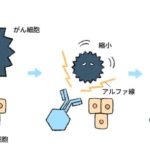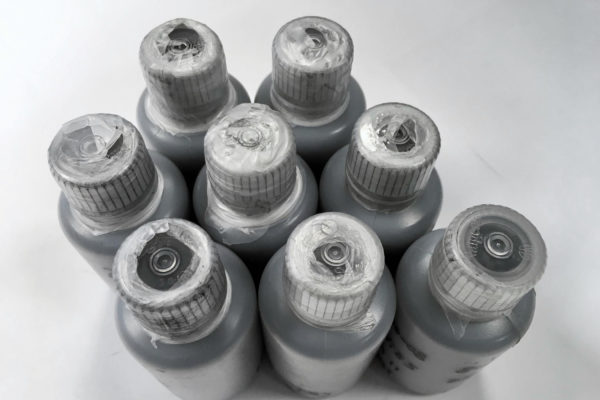(Scientists stick to spider silk for biodegradable alternative to traditional glue)
2020/7/20 英国・マンチェスター大学


・ マンチェスター大学が、合成スパイダーシルクを利用した生分解性の接着剤を開発。
・ スパイダーシルクを生成するバクテリアに栄養分と糖を与え、発酵を通じてスパイダーシルク接着剤を製造する。6.28MPa の初期接着強度(市販のガラス用接着剤では 11.9MPa)で、ガラス材料の接着に優れる。
・ 同スパイダーシルク接着剤の接着力のメカニズムが、タンパク質のアンフォールディングと、βシートとして知られる高密度な水素結合構造への再構築に起因する証拠を発見。天然のスパイダーシルクでも、これと同様な変化を通じてβシートリッチな構造を構築し、高い強度と靱性を獲得する。特殊繊維の Kevlar®の高強度も水素結合の高密度ネットワークによるもの。
・ 過去にはコラーゲンやグルテン等の天然のタンパク質が接着に利用されたが、現在では大規模生産で世界市場が 41 億ドル(2010 年)の合成接着剤が主流となっている。合成接着剤製造の産業プロセスは、温暖化ガスと揮発性有機化合物(VOC)の主要な排出源。
・ タンパク質ベースの接着剤は、水性、無毒性で環境作用によって分解することに加え、緩やかな温度や圧力下で発酵のようなグリーンな合成方法で製造できる。
・ 今回の研究結果の最適化を進めることで、石油由来の市販の合成接着剤に匹敵する、再生可能で生分解性のグリーンなタンパク質ベースの接着剤の開発に寄与できると考える。
URL:https://www.manchester.ac.uk/discover/news/scientists-stick-to-spider-silk-for-biodegradable-alternative-to-traditional-glue/
<NEDO海外技術情報より>
(関連情報)
Materials Today Bio 掲載論文(フルテキスト)
Non-covalent protein-based adhesives for transparent substrates—bovine serum albumin vs.
recombinant spider silk
URL: https://www.sciencedirect.com/science/article/pii/S2590006420300284
Abstract
Protein-based adhesives could have several advantages over petroleum-derived alternatives, including substantially lower toxicity, smaller environmental footprint, and renewable sourcing. Here, we report that non-covalently crosslinked bovine serum albumin and recombinant spider silk proteins have high adhesive strength on glass (8.53 and 6.28 MPa, respectively) and other transparent substrates. Moreover, the adhesives have high visible transparency and showed no apparent degradation over a period of several months. The mechanism of adhesion was investigated and primarily attributed to dehydration-induced reorganization of protein secondary structure, resulting in the supramolecular association of β-sheets into a densely hydrogen-bonded network.



